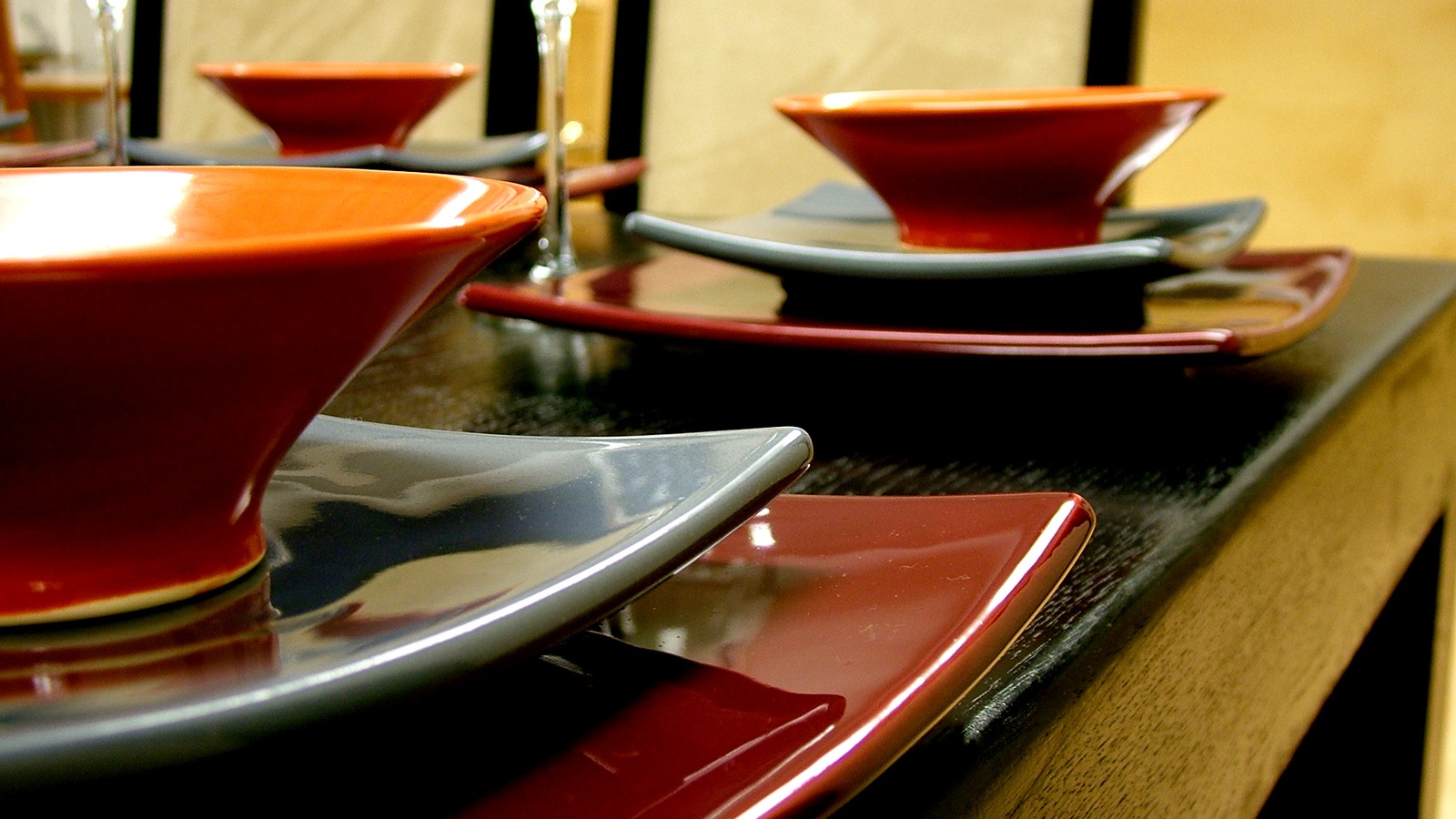By Candace Echols
I am on the front end of doing something I’ve never done before: I am planning a series of feasts in our home! Jim is still warming up to the idea. He’s the chef in our house, and it’s better if I adjust the vocabulary and cut words like “series” and “feasts” initially, because those add a lot of pressure to the menu. Since he’s in charge of the kitchen, it’s better if I lead off with, “Hey, how about having some folks over next Saturday for something to eat?” As my mother would say, “it’s all in the presentation.” As soon as he sees me polishing the silver, short ribs or boeuf will magically appear in the Dutch oven, and I’ll know he’s all in.
Recently, someone made me aware of the close link between the words “hospitality” and “hospital.” As a Southerner, hospitality is something that is part of my heritage. It’s as much a part of who I have been raised to be as is saying “y’all” or “yes ma’am.” As a guest, I know good Southern hospitality when I see it. It looks like a basket of toothbrushes and Colgate in the bathroom, or a note showing how to adjust the fan so I don’t have to walk back out in the hallway in my pj’s to ask. It’s the host knowing what I need before I need it.
But the way “hospital” fits so neatly into “hospitality” makes me wonder if we Southerners have room to elevate our greatest gift. I wonder, could true hospitality be creating a space where others come for some sort of healing—like the sort of healing that belly laughter brings? Could it mean making our home a place that says, “Maybe I am not able to think your thoughts a step ahead of you, but I’m willing to sit and listen to them as you share”? Is it possible that the hospital side of hospitality involves mirth and music, four courses and festivity, candles and cooking? My series of feasts is an experiment in this.
Priya Parker, in her book The Art of Gathering, says, “A gathering is a moment in time that has the potential to alter many other moments of time.” So much of my life is logistical right now. True connection feels harder and harder to find. I wonder if connection over a home-cooked meal might inspire better connection in the office or at the game. Parker’s ideas about feasting have inspired me as I’ve thought through ways we can serve people just by using our kitchen. She encourages hosts to consider asking guests to check phones at the door (with a warning in advance), to bring their real selves and leave their best selves out of it, and to offer toast topics that give guests the freedom to share what’s going on under the surface. This all feels like healing, after the year we’ve just had. It feels like moving closer to people in person; not on the screen, not behind the mask, not on the Marco Polo app, not in a rush. It feels like life and beauty and nature and seasons. It feels like reclaiming relationships.
So, our series (I’ll use the word “our” from here on out because Jim is reading this article and surely he’s signed on by now) will be made up of four feasts. The first will be for people who have known each other for a very, very long time—seasoned friendships. The second will be geared toward newer friends or acquaintances who know one another from the same place (our children’s school, for instance), but who never seem to have time to talk. A third will be a rousing dinner for people who like to debate just for fun (all the 8’s on the Enneagram), with suggested topics on slips of paper tucked under plates—as if they really need suggestions! The fourth will be for our neighbors, most of whom we barely know.
I hope and pray that our dining room will be filled with unhurried peace, which, in this day and time, is a gift in itself. By God’s grace, people who may not have connected any other way will find themselves sharing Butternut Squash Bisque and developing real care and concern for each other around our table. As much as I hope people laugh, it won’t frighten me if they cry, sometimes, too. Lanier Ivester said, “There can be no feast—be it a birthday party or a Christmas dinner—without holding space for both our grief and our hope.” We all know that this past year has offered an awful lot of grief, but our wooden dinner table is sturdy enough to hold that.
As we move through the winter months, I hope to develop an even deeper brand of Southern hospitality. I hope to create more and more room for those who come through our door to unload their burdens. I hope that it will feel like true hospitality.
I hope that it will feel like healing.

StoryBoard features “The Yellow Chair ChronEchols” by writer Candace Echols. Candace recently published her first book, the children’s book Josephine and the Quarantine. Candace is a Midtown resident, wife, and mother of five. She has written for StoryBoard’s Page One Writing Workshops, and writes in quiet moments from her yellow chair.


Great read! What about family?